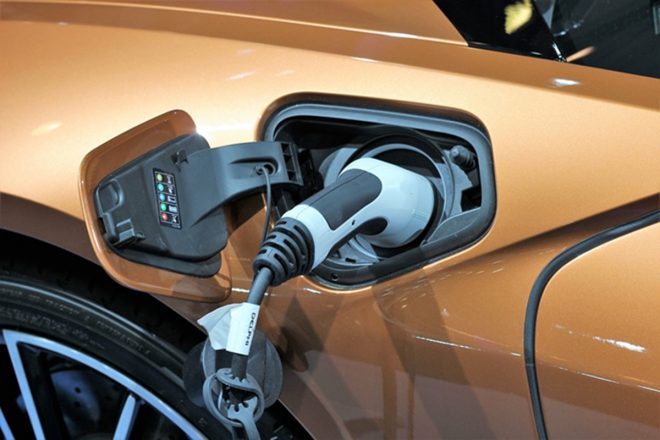
Tata Motors and Mahindra & Mahindra (M&M), country’s major domestic car manufacturers, are in favour of developing quality electric cars and see robust demand coming through in the foreseeable future, a thought not positively endorsed by the country’s two largest car makers, Maruti Suzuki and Hyundai Motor India.
While the Tatas and the Mahindras believe the demand for electric cars needs to be created solely by the manufacturers, the management of Maruti and Hyundai feel the government needs to come out with more incentives on those vehicles in order to bring down the purchasing cost.
“I won’t put the responsibility of driving electric vehicles on the government. They have done enough. Now, it is the job of the manufacturers to ensure quality products are made at low costs and charging infrastructure is set up,” Pawan Goenka, managing director, M&M said. The government only provides subsidy on electric cars purchased for commercial purpose under its FAME II scheme.
Similar thoughts were shared by Guenter Butschek, managing director and CEO of Tata Motors, who believes the vehicles need to be made locally instead of importing them in order to bring down the costs. “The general perception is that EVs can only take off if there are subsidies given by the government. Our approach is very different as we believe that for personal buyers, the product needs to be aspirational in terms of design, features and safety,” Butschek told FE. The electric car is on the top of the agenda of Tatas and Mahindras.
While Tata Motors has readied two EVs (Nexon and Altro), Mahindra unveiled the electric version of its compact SUV XUV300 at the ongoing auto expo. Both the companies have been in talks with several partners to set up charging infrastructure at major towns.
On the contrary, Shashank Srivastava, executive director, marketing & sales at Maruti Suzuki said that around 50% of the EV cost is of the battery and current available technology makes them too expensive for an average consumer.
“Charging infrastructure in India is at a very nascent stage which creates a range anxiety as consumers are afraid of travelling to a far off distance,” Srivastava said, adding that around 70 million cars are projected to be sold by 2030, out of which only 7% is expected to be electric. “Projections by analysts show 66 million cars will still be powered by ICE engines, so should we not do anything about those 66 million,” Srivastava added.
On Wednesday, Maruti’s managing director & CEO Kenichi Ayukawa told FE there are no immediate plans to launch electric cars as the government support is not enough and cost of developing them is too high. Hyundai Motor India, managing director & CEO SS Kim feels customers need to see more value in electric cars. “We have the technology ready and EVs have been our priority worldwide. We are developing a mass market electric car but it is going to take a few years before it can be launched in India,” Kim said.
Hyundai has launched an electric Kona, priced at `23.5 lakh for personal buyers, which experts believe is unaffordable for larger population. The company has been able to sell just 300 units in the last seven months. On the contrary, the Nexon EV launched by Tata Motors comes with a starting price of `14 lakh with a running range slightly lower than that of Kona.
Butschek of Tata Motors said the company managed to bring down the costs significantly as except the battery cells, all the other vehicle parts were sourced from the local market. “We took advantage of the existing Nexon, used same suppliers, same assembly line and localised the car to bring down the costs,” he said. India has less than 1,000 charging stations across major cities, an issue being addressed by players like Tata Motors and M&M, as the companies plan to install a charging point at the owner’s house.




















